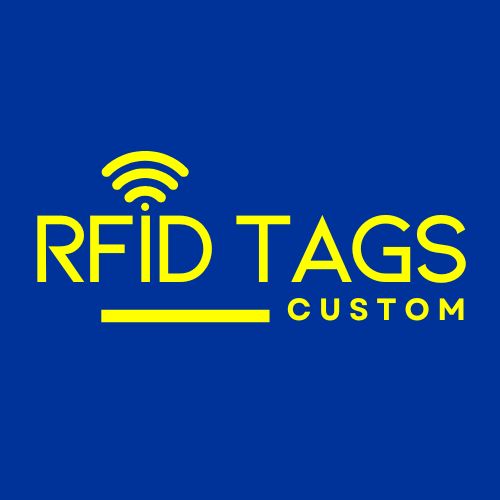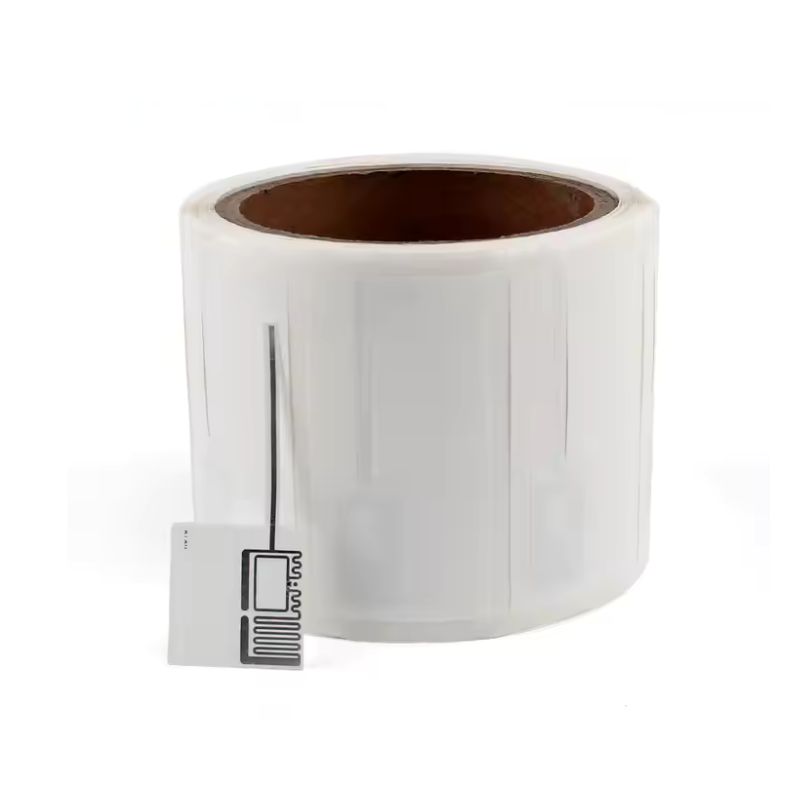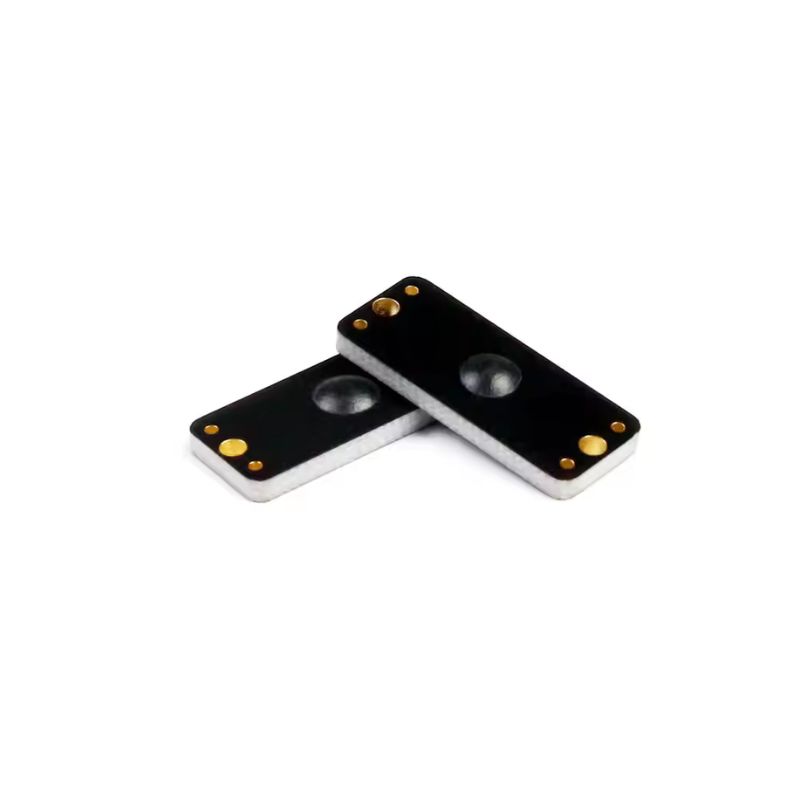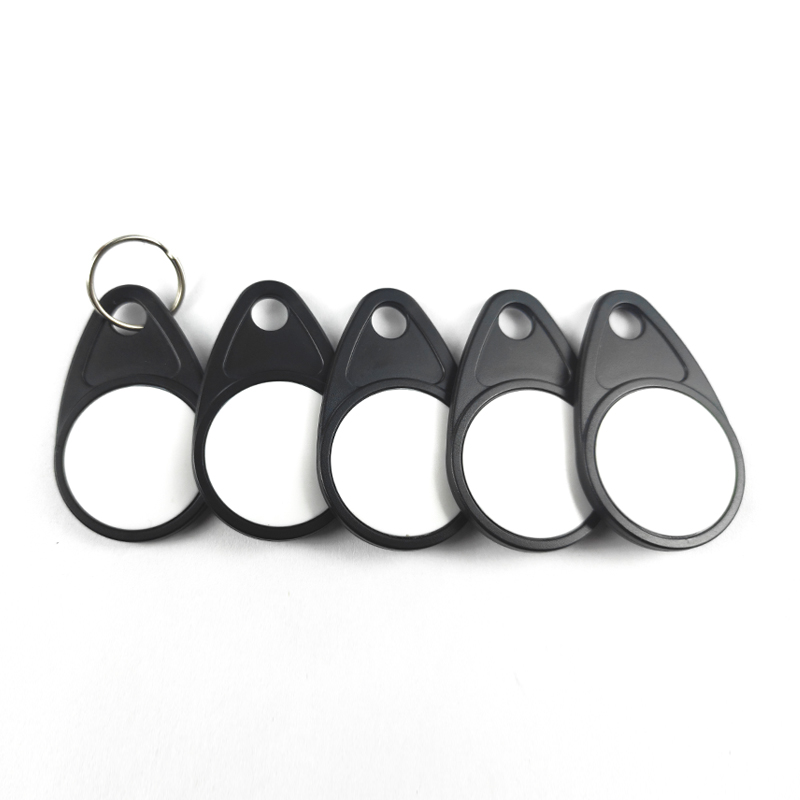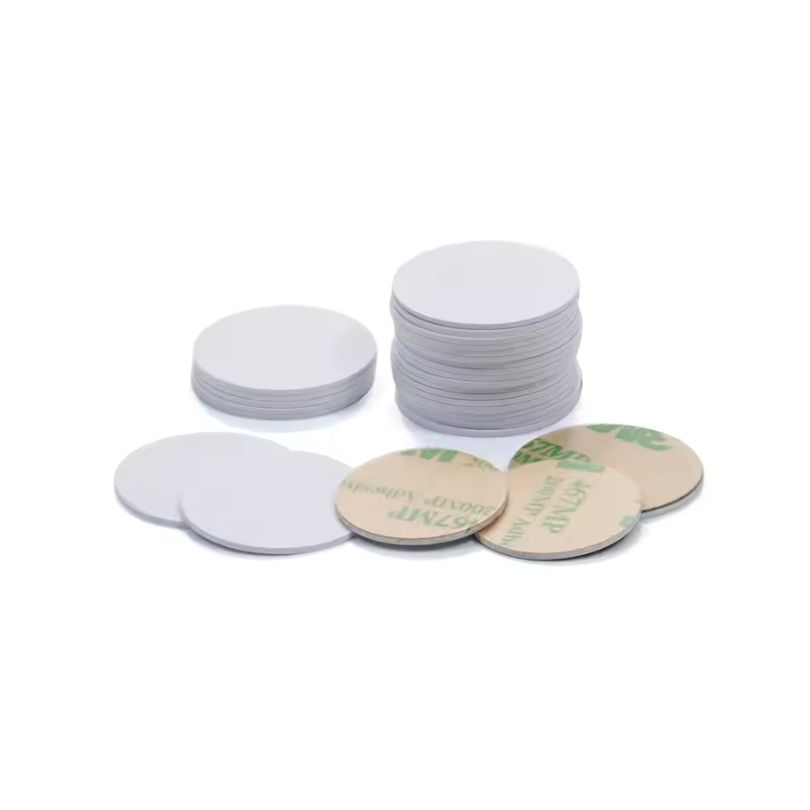
Long Range Airport RFID Luggage Tracking Tags Label
Long-Range RFID Luggage Tracking Tags – Smart Baggage Management for Modern Airports
Reduce Mishandled Bags. Improve Passenger Experience. Automate Baggage Flow.
Lost or delayed luggage continues to cost airlines and airports billions annually — impacting operational efficiency and traveler satisfaction. Our long-range UHF RFID luggage tracking tags are purpose-built for airport environments, offering unmatched scanning accuracy, durability, and integration with global baggage handling systems.
From check-in to claim, these RFID tags provide real-time visibility across every point of the luggage journey — supporting global standards like IATA Resolution 753 and enabling a smoother, smarter travel experience.
Why RFID Luggage Tags Outperform Traditional Barcodes
Barcode-based systems suffer from line-of-sight limitations, smudging, and misreads. In contrast, our UHF RFID luggage tags:
- Enable non-line-of-sight scanning at distances up to 8+ meters
- Process multiple tags simultaneously (ideal for bulk baggage sorting)
- Offer real-time tracking data to airlines, airports, and passengers
- Integrate with existing airport RFID infrastructure and standards
These benefits result in faster processing, fewer errors, lower operational costs — and most importantly — happier passengers.
Applications: RFID Luggage Tags Power the Smart Airport
Our RFID luggage tracking tags are built to enhance performance across multiple stakeholders:
- Airlines – Fewer lost bags, real-time tracking updates, enhanced customer experience
- Airports – Greater BHS throughput, more automation, compliance with IATA mandates
- Ground Handlers – Quicker baggage sortation, reduced human error
- Passengers – Peace of mind with accurate, up-to-date baggage location
Whether you’re managing a major international terminal or a regional hub, our tags help modernize your baggage operations while cutting costs and building brand trust.
Technical Specifications
| Feature | Specification |
| Material | Durable paper or synthetic face stock (customizable) |
| Adhesive | High-tack permanent adhesive for strong luggage attachment |
| Size | Standard IATA: ~54mm x 152mm (or custom sizes) |
| Chip Options | Impinj Monza R6/R6-P, NXP UCODE 7/8/9 |
| Frequency | UHF (860–960 MHz, global) |
| Protocol | EPCglobal Class 1 Gen2 (ISO 18000-6C) |
| Read Range | Up to 8+ meters (depending on reader/environment) |
| Operating Temp. | -20°C to +70°C |
| Environmental Resistance | Moisture, abrasion, bending, BHS stress |
| Print Options | Airline branding, barcodes, variable text |
| Data Retention | Over 10 years |
| Memory | EPC memory (96–128 bit), optional user memory |
Start Transforming Your Baggage Operations Today
Airports and airlines around the world trust our RFID luggage tracking tags to improve performance, reduce costs, and meet compliance mandates. Whether you’re upgrading for IATA 753 compliance or building a smarter airport, we’re here to help.


FAQ
What is the benefit of using RFID luggage tags over barcodes?
RFID tags don’t require line-of-sight and can be read automatically and in bulk, even when bags are stacked or moving at high speed. They offer greater reliability, accuracy, and tracking speed compared to traditional barcode labels.
Are these tags compatible with IATA Resolution 753?
Yes. These RFID tags are designed specifically to support IATA 753-compliant baggage tracking, helping airports and airlines ensure 100% baggage visibility across all four handover points.
How far can RFID luggage tags be read?
Depending on the environment and reader setup, these UHF tags offer read ranges up to 8 meters or more, making them suitable for automated tunnel readers and high-speed baggage sorters.
Can RFID luggage tags be printed with airline information?
Yes! These tags support pre-printing or on-demand printing of logos, barcodes, flight numbers, and serialized data to align with your airline’s existing check-in systems.
Are RFID tags reusable for return luggage tracking?
While most RFID baggage tags are designed as single-use, some synthetic models can be customized for multi-use luggage routing and tracking programs.
Get Your Custom RFID Tags
As a leading custom RFID tag manufacturer, we craft solutions based on the unique needs of your operation. We offer a wide range of customization options, including material, size, frequency, encoding, and read distance, ensuring each RFID Tag is perfectly customized to your requirements. No matter what application you use RFID tags for, we can provide rugged, reliable RFID tags that meet the highest quality and durability standards. Here are the main ways we customize RFID tags to fit your needs.

Material Selection
Material is key for customizing RFID tags. Plastic works in harsh conditions, while softer materials suit delicate spaces. Different materials also affect signal performance. Pick what fits your use case to ensure your tags last and work reliably.

Customized Size
Size shapes usability. Small tags fit tight spaces or tiny items, while larger tags are easily read. In crowded areas, sleek tags prevent clashes. Align shape and dimension with your goods for visibility, convenience, and performance.

Frequency Requirements
Choose LF, HF, or UHF based on read range, speed, and interference. LF and HF resist metals and liquids but have shorter ranges. UHF offers an extended range yet may face signal blocks. Match frequency to your environment for reliable performance.

Reading Distance
Define the distance at which you have to read the tag. Short distances work for retail checkouts, while warehouses may need meters of coverage. Antenna design, reader settings, and power outputs affect range.Adjust these factors to capture data accurately at the distance you need.

Encode
Plan how data is stored on each tag. Some only hold an ID, while others contain detailed info. Decide if you need a simple EPC or added user memory. Ensure your chosen format works with existing software. Proper encoding streamlines processes and slashes errors.

Application Environment
Consider real-world conditions. Temperature swings, humidity, and chemicals can degrade tags. For outdoor use, opt for UV-resistant casings. In healthcare or food settings, ensure compliance with safety rules. Matching your tags to the environment maximizes their lifespan.
Related Products
Customize any RFID tags from our factory to meet your requirements.
